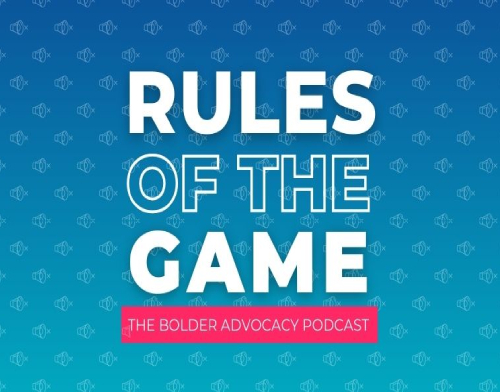Bolder Advocacy
Building grassroots power by equipping nonprofits with the tools, training, and resources to advance their missions through policy advocacy.
State Law Resources
Introducing our interactive map of our state law resources, where nonprofit advocates, grantees, and funders can hover over each state to access free resources tailored to their needs. Discover funding opportunities, educational programs, and advocacy networks effortlessly, empowering you to make informed decisions and maximize your impact nationwide.

What is Bolder Advocacy?
Bolder Advocacy, a program of Alliance for Justice, empowers nonprofits and foundations to boldly advocate on behalf of their missions. Not only do we promote active engagement in democratic processes by building grassroots advocacy power, but we also safeguard the rights of nonprofits to advocate for the causes that matter most. We are your go-to source for training, tools, and resources to maximize your nonprofit's advocacy.

Join Us at Our Next Event
Bolder Advocacy has provided trainings to thousands of nonprofits. We work with nonprofit boards, staff, and volunteers to improve their understanding of the legal issues involved in influencing public policy so they can maximize their advocacy and election-related activities, learn what it takes to engage in effective advocacy, and confidently engage in their advocacy campaigns. Training dates for next month include:

Taking it to the Grassroots
Bolder Advocacy provides organizations and community-based movement leaders with coaching, political law training, and advocacy strategies to help them build their power, know their rights, and advance collective priorities.

New Episodes Every Other Wednesday
Listen to our Rules of the Game Podcast
In Rules of the Game, our attorneys demystify and decode complex advocacy laws to help nonprofits be bolder advocates. Your cause is our mission.
Need Help?
Questions about nonprofit advocacy? Get expert assistance within 2 days. We're here for you in these busy times. Ask now and advocate with confidence!
Call for Technical Assistance
866-NP-LOBBY